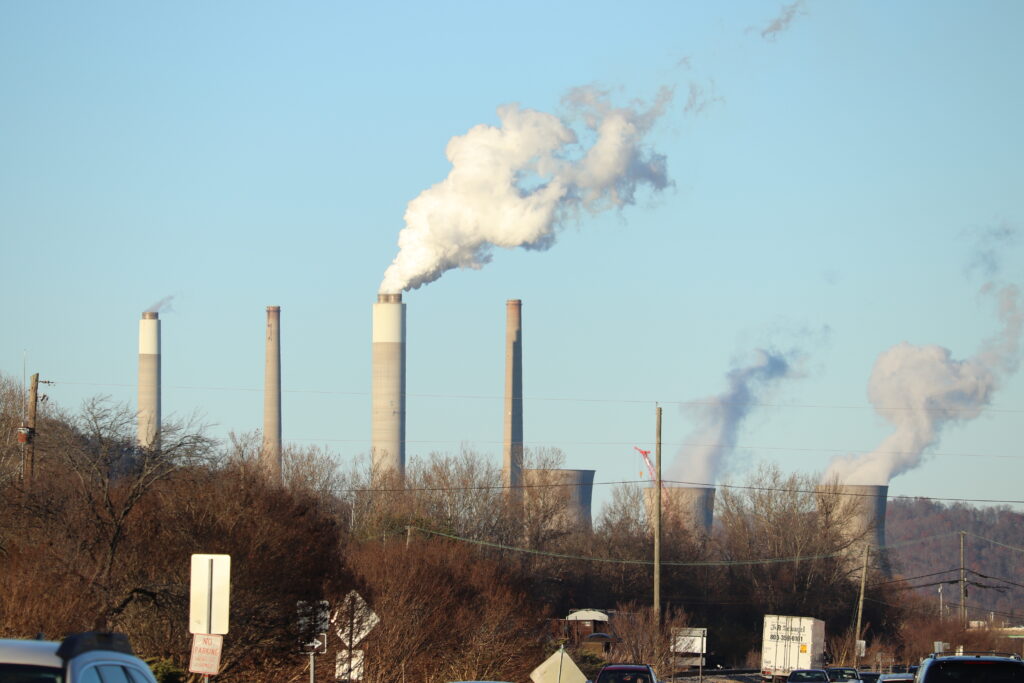The process of taking carbon out of the air and storing it is called carbon sequestration. Trees naturally sequester carbon by absorbing it out of the air, using it for energy, and storing some of that energy in their roots.
New green technology called carbon capture can take CO2 released during the burning of greenhouse gasses out of the air. Air is filtered through a fan that uses technology to remove the CO2, turn that CO2 into a liquid, and then pump it into the ground.
This is a possible answer to the excess CO2 in the atmosphere that is causing the climate crisis.
The Senate passed House Bill 5045 Friday. The bill gives the state the authority to enforce Environmental Protection Agency (EPA), rules so the state can regulate carbon sequestration. This is part of a bid for the EPA to grant the state the ability to regulate the new technology. It requires that the states abide by or exceed carbon sequestration regulations put forth by the EPA.
Randy Smith, R-Tucker, the lead sponsor of the bill, said this will help the state get the new technology up and running quickly by bypassing long permit wait times typical with the EPA.
“So EPA is going to put the rules out there,” Smith said. “And normally they enforce these rules. So basically, it just gives the state of West Virginia the authority to enforce the EPA rules, you know, because we can’t supersede the federal (law).”
Smith said he wants West Virginia to be on the forefront of this technology.
“West Virginia is sort of one of the leaders of trying to get the rules and regulations in place, when the technology gets there,” Smith said, “Then we’re ahead of the game.”
Others worry about the risks of a leak in the underground carbon storage that could taint drinkable groundwater supplies.
Around the state some have concerns with West Virginia’s bid to manage the new technology following countless disasters related to the mismanagement of industry in the state.
Smith said this bill is a proactive measure to get rules and regulations into place so those disasters don’t happen.
“The first step is to make sure that when this does happen, that we’ll be able to manage it,” he said. “You know, there’s a lot of geological information that has to go (into it), they’re not gonna be able to just put it in an abandoned gas well or anything like that. These will be specialty wells, where they can’t leak to make sure stuff like that doesn’t happen if this technology does take off.”
Others opposed to the new technology say it perpetuates the use of fossil fuels.
The bill has passed both chambers, but it goes back to the House next to see if changes made in the Senate are agreeable to the delegates.
Another notable bill passed today would make it illegal for drivers to cruise in the left lane if they are not passing, or under other specific situations like avoiding a stationary emergency vehicle or avoiding construction.




















